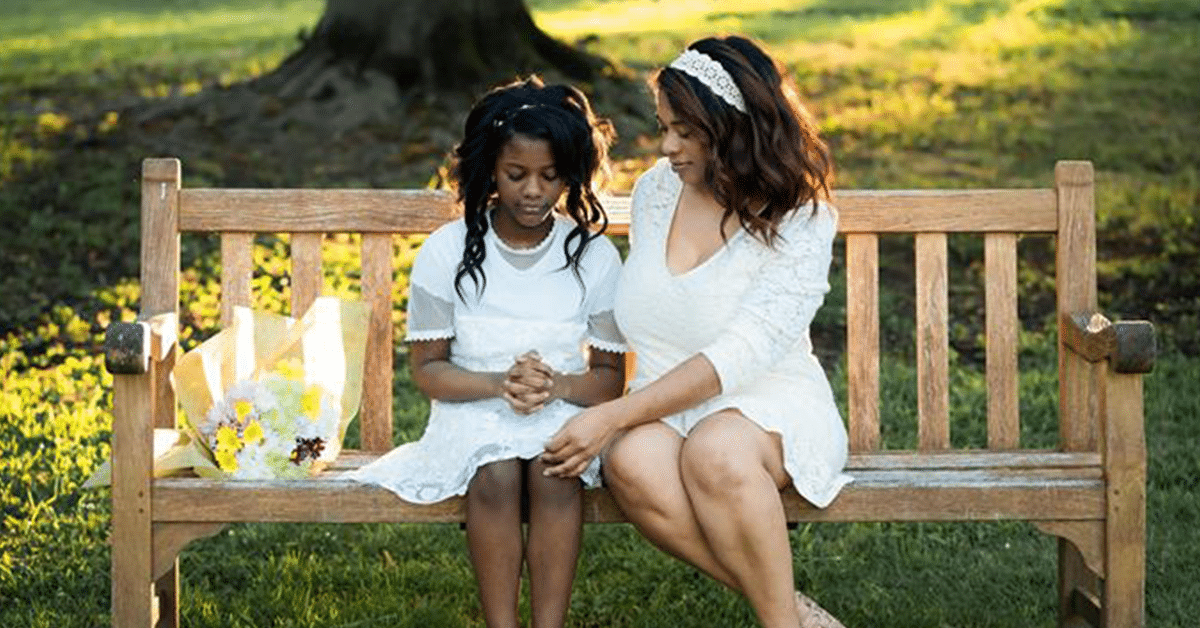“No. They didn’t ‘rush’ from the dinner table because I was raising my voice.” Tammy’s insistence had a whiny edge, even though she was trying to stay calm.
“No. They didn’t ‘rush’ from the dinner table because I was raising my voice.” Tammy’s insistence had a whiny edge, even though she was trying to stay calm.
“Weren’t you complaining that I was making summer vacation plans without consulting you?” Ted’s comment sounds more like an accusation than a question. He shifts in his chair. Tammy and Ted sit facing one another almost knee to knee in their couples session.
Moving Toward Teamwork
They’ve spent the last 5 minutes ping-pong tossing blame at the other. Protecting oneself. Hardly a cooperative conversation. They say they want to know why another fight erupted at Sunday dinner. But, really, each wants to prove their own “rightness” and how the other is wrong and responsible for their collective unhappiness—a typical “me–thee” stance. When such emotional positions drag on, I’ve seen couples exhaust themselves, lose hope in their relationship, and decide that separation is the only solution. So, my task right now is to try to move them toward teamwork, toward a shared couple experience of “we.”
“Wait. You were the one who started yelling…” Tammy’s points her finger at Ted. She leans toward him.
Ted interrupts: “I explicitly said I did not want your sister and her alcoholic husband spending a whole week with us when our vacation is supposed to be relaxed. Then you go ahead and invite them anyway.” Ted sighed. “You don’t care how I feel… You don’t listen to me at all…”
“I told you why I invited them. Not that you listen to me either!” Tammy’s eyes shoot darts of anger and frustration. She leans back in her chair. Then crosses her arms.
“I really hate your drama. And how you try to guilt me with your hurt,” Ted’s voice was low. Almost sad. He sounded dejected. “Like you’re sitting now, leaning away from me. When I feel you retreating is when I start to get angry. Yeah, I guess I yell…well, to get your attention if you don’t get my feelings.”
They’re heavily steeped in this cycle of mutual poke-stab-criticize-attack then rinse-recycle-retreat. I make a judgment call regarding how long it’s useful for them to experience this familiar pattern. I decide it’s time to intervene. I roll my chair closer, equidistant to both of them.
“You’re doing this familiar ‘me–thee’ ping-pong back and forth—the same fight over and over. Blaming each other. As if the other person is the problem. You say you love each other—you want to stay together. But you can’t get there from here. Where’s the ‘We’? If you are a team, then you each take responsibility for your own contribution to this mess.”
“I know, I know. I’m so exhausted from this,” Tammy starts to cry quietly.
“When you cry I feel like it’s my fault. I’ve made you cry.” Ted’s eyebrows start to furrow together in annoyance.
“Wait,” I say. “Will you try something different? Try ‘empathy first’—try leaning in. ‘Lead with relief’ by walking around to the other person’s side of the mountain. Seeing their perspective. Instead, you’ve both created a dangerous space and miss what the other is saying. Let’s replay that scene on Sunday night when your kids fled from the dinner table.”
Ted sighs. Then nods. He leans in. Pauses. Then reaches for Tammy’s hand. “Look, I’m sorry I started to criticize you. But you know how I get annoyed when you don’t hear me…”
I interrupt, “Can you stay with the repair…? What you are feeling without telling her what she is feeling or doing?”
“Ah. I’ll try.” Ted looks down at his hands. “I feel so alone at these moments.”
Tammy dabs her eyes with a tissue.
I hold my breath slightly. Can Tammy get past this amygdala highjack moment? Can she break her old bad habit—where it’s easier to punish Ted for his infractions than to join him in their mutual sadness, then work together toward the safety of cooperating as a team, as a “we”?
“Look. I’m sorry you feel that way,” Tammy finally says. Her voice is softer.
Good, I think. She’s calmed down. Maybe they can work together now.
“I started to tell you what was happening with my sister, and why I felt compelled to invite them. But you began to yell. That triggered me to think…what do we look like to the kids?”
Ted’s brows started to do that frowning look. “You’re always worried about what others think…”
“No, wait. Don’t go judging me,” Tammy twists the tissue back and forth. “I mean, they see us fight a lot. When Melanie shoved her chair back, then Mike quickly followed…well I started to wonder—what are we modeling for them? When will they see us as two people who really enjoy being together? Who show, well, what it looks like to love each other…?” Tammy’s voice trails off.
“Ah, yeah.” Ted responds. “I worry, too, about them growing up in a house with so much conflict.”
“Oh? You’ve never seemed concerned. You worry about that too?”
“Of course I do,“ Ted leans even closer toward her.
“So why didn’t you say so…?”
“…well, it’s not like you give me space to…” Ted starts to laugh. He takes both of Tammy’s hands in his.
Tammy allows him to, then laughs also. They review Sunday night’s fight. They now try to see each other’s viewpoints about the summer vacation. But they have uncovered a far deeper issue—that is, what their two kids were seeing and learning about an intimate partnership. Turns out this is a shared concern that they’ll need to work on.
They talk for a while. Then I say, “Let’s take a snapshot of this ‘we’ moment. Since thinking about your partner helps to keep ‘we’—not ‘me’ and ‘thee’— in focus. ‘We’ puts your teamwork first. Then you can work together to solve any problem. ”
I want to highlight this positive experience in their bodies so they can remember how to repeat it. A major goal in doing PACT (Psychobiologic Approach to Couples Therapy) work is for them to become a “secure functioning” couple—that is, a full partnership based on the three building blocks of justice, fairness, and sensitivity to one another. No easy task.
“When Dr. Tatkin (PACT’s founder) talks about ‘secure functioning,’ he means you need to take real fears and judgment and criticisms off the table. You do not threaten the relationship, or each other, ever. This will help you sleep at night and give you the energy to do other things.” I pause. “When you make that paradigm shift in your head from ‘me–thee’ to ‘we,’ then you become two people who look out for each other as if your life depended on it…because it does!”
Afterthoughts
After Tammy and Ted left, I couldn’t help but be reminded of the seer in Shakespeare’s play who warns Julius Caesar: “Beware the Ides of March!”
She predicts that something terrible will happen to Caesar no later than March 15— which is the “Ides of March,” or full moon, marking the first day of the New Year in this early Roman calendar. Caesar passes the seer on the street and jokes, “The Ides of March have come,” meaning her prophecy has not been fulfilled. The seer replies, “Aye, Caesar; but not gone.” When Caesar arrives at the Senate meeting at the Theatre of Pompey that day in 44 BC, as many as 60 conspirators, led by Brutus and Cassius, stab him to death.
I was concerned that Tammy and Ted would not make the transition from “me–thee” to “we.” I’ve learned over the years that couples fall apart when they can’t make that paradigm shift inside their heads. How they speak in session only as “me–thee” is predictive of the relationship ending. That is, each person is siloed inside their own head, their own experiences. This couple just started to approach one another as “we”—really listening, and hearing, the other. If they can keep working as a “we” team, they have a chance to avert a failed relationship. Unlike Caesar, they can change their fate.
Keep Reading
Want more? Here are some other blog posts you might be interested in.








